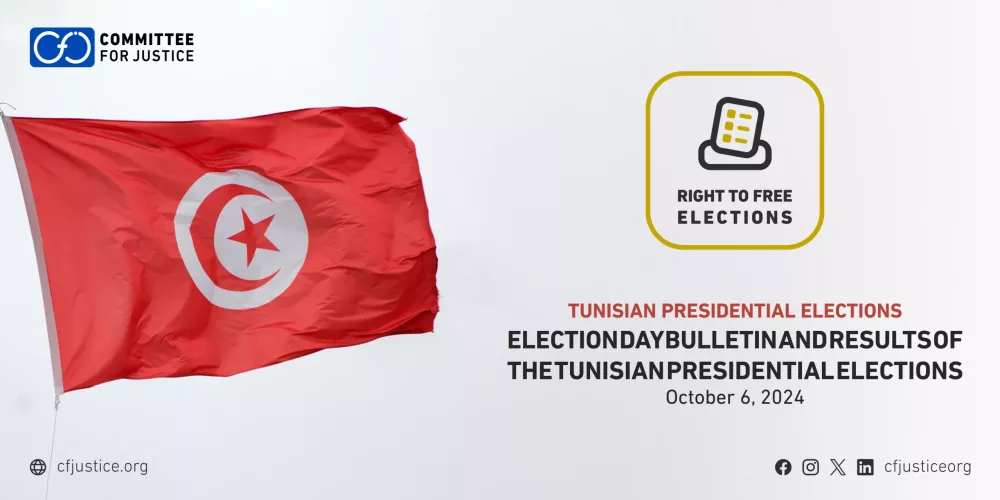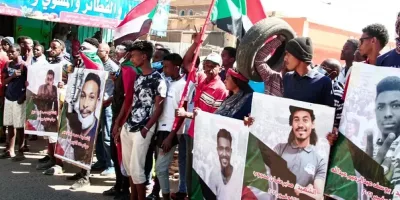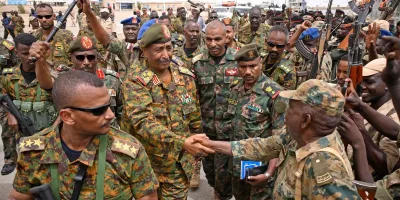As part of its ongoing monitoring of the 2024 Tunisian presidential election, the Committee for Justice (CFJ) released bulletin about Election Day and the preliminary results. The bulletin highlights recent developments, including violations that occurred during the election, such as legal and human rights breaches, challenges faced by voters and candidates’ supporters, and measures taken by authorities that affected the integrity of the electoral process.
On Sunday, October 6, 2024, voting for the Tunisian presidential election commenced, with 5,013 polling centers opening their doors, comprising 9,669 polling stations across all regions of the republic. The number of registered voters for the presidential election reached 9,753,217.
– Preliminary results:
Farouk Bouasker, the head of the Electoral Authority, announced on the evening of Monday, October 7, 2024, that candidate Kais Saied secured a landslide victory with 90.96% of the vote (2,438,954 votes), meaning there will be no second round. Candidate Elyes Zmala received 7.35% of the votes (197,551 votes), while Zouhair Maghzaoui garnered 1.97% (52,903 votes). A total of 2,808,548 voters participated in the election, representing a turnout of 28.8%.
The final results are expected to be announced after the appeal period ends, no later than November 9, 2024, according to the electoral calendar.
– Violations and irregularities:
- Lack of Resources and Preparedness:
The Tunisian organization “Atid” reported delays in the use of electronic applications adopted by the Electoral Authority, forcing workers to record data manually. The “Shahed” Observatory also noted a shortage of ballot papers in four polling centers, and there were instances where voting secrecy was not ensured in certain locations.
- Electoral process violations:
The organization “Shabeb Bela Hodood” (Youth Without Borders) reported that some polling stations did not adhere to basic rules, such as verifying voters’ identities. Additionally, the “Tunisian Mediterranean Center” observed that electoral posters were not removed around some polling centers.
- Voter influence:
The “Atid” organization documented attempts to influence and direct voters by representatives of Kais Saied in several polling centers. The “Shahed” Observatory also noted that voters were transported by vehicles supporting one of the candidates.
- Media coverage restrictions:
Some journalists were prevented from entering polling stations, and “Atid” observers were not allowed to change their positions. Elyes Zmala’s campaign also objected to the publication of unofficial opinion polls, which they considered to be biased toward shaping public opinion.
- Lack of accessibility for people with disabilities:
The Tunisian Organization for the Rights of Persons with Disabilities reported that the infrastructure in several polling stations was not adequately prepared for people with disabilities. Additionally, there was a lack of sign language interpreters or tools like Braille booklets, making it difficult for people with disabilities to participate in the voting process.






